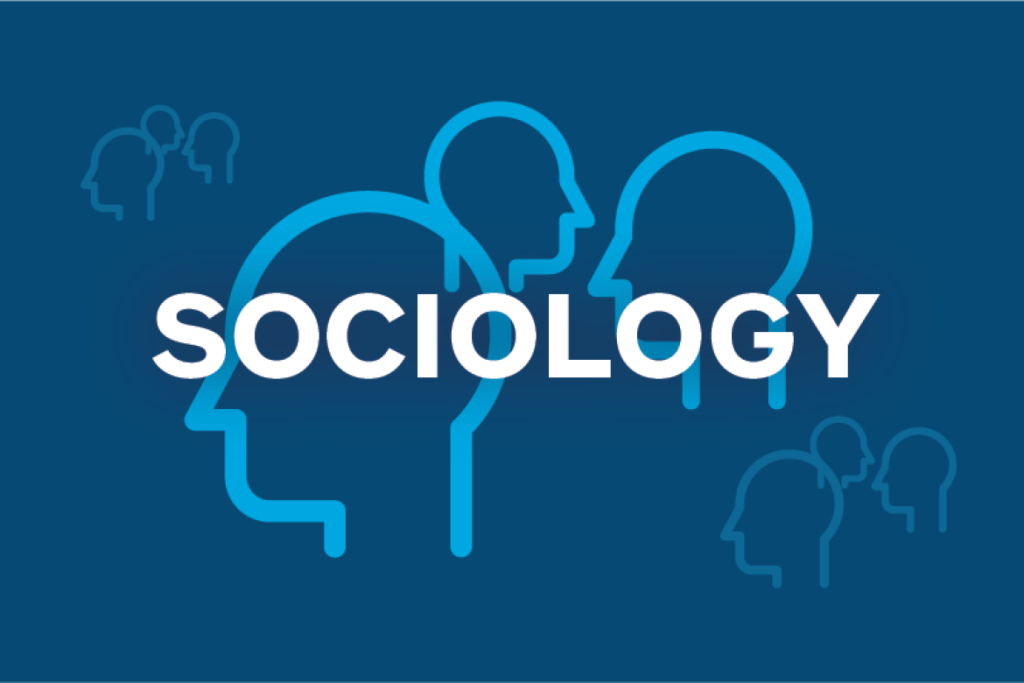Sociology: Understanding Society and Human Behavior
August 28, 2024 2024-08-23 13:45
Sociology: Understanding Society and Human Behavior
What is Sociology?
Sociology is the study of society, human behavior, and the interactions between individuals and groups. It seeks to understand how social structures, cultural norms, and institutions shape people’s lives and influence their actions. By examining patterns of social relationships, sociology provides insights into the functioning of societies, the causes of social issues, and the ways in which social change occurs.
Key Concepts in Sociology
- Social Structure:
- Social structure refers to the organized patterns of relationships and institutions that make up a society. These include family, education, religion, and government. Social structures guide behavior and create stability within a society, but they can also reinforce inequalities.
- Culture:
- Culture encompasses the beliefs, values, norms, and material objects shared by a group of people. It shapes how individuals perceive the world and interact with others. Sociologists study how culture influences behavior and how cultural differences can lead to misunderstandings or conflicts.
- Socialization:
- Socialization is the process by which individuals learn and internalize the norms, values, and behaviors appropriate to their society. This process begins in childhood and continues throughout life, shaping how people see themselves and others.
- Social Stratification:
- Social stratification refers to the hierarchical arrangement of individuals in a society based on factors such as wealth, power, and status. It examines how these inequalities are maintained and the impact they have on people’s lives.
- Social Change:
- Social change involves the transformation of social institutions, structures, and cultural patterns over time. Sociologists study the causes and consequences of social change, including movements for social justice and the effects of technology on society.
The Importance of Sociology
Sociology helps us understand the complexities of human society and the forces that shape our lives. By analyzing social issues such as poverty, inequality, racism, and gender discrimination, sociology provides the tools to identify the root causes of these problems and develop strategies for addressing them. It also encourages critical thinking, helping individuals question assumptions and consider different perspectives.
Moreover, sociology offers valuable insights for policymakers, educators, and social workers, as it provides evidence-based analysis of social trends and issues. This knowledge can inform policies and interventions aimed at improving social welfare and promoting equality.
Applications of Sociology
Sociology has practical applications in various fields, including:
- Education: Understanding the role of education in society and addressing issues such as inequality and access to quality education.
- Healthcare: Examining the social determinants of health and addressing disparities in healthcare access and outcomes.
- Criminal Justice: Analyzing the social causes of crime and the impact of the criminal justice system on different groups.
- Business: Studying organizational behavior, consumer culture, and the impact of globalization on business practices.
Conclusion
Sociology offers a unique lens through which to view and understand the world. By exploring the connections between individuals, groups, and society, it helps us make sense of social phenomena and challenges us to think critically about the world around us. Whether it’s examining social inequalities or understanding cultural differences, sociology provides the tools to create a more just and equitable society.
Related Posts
Sociology: Understanding Society and Human Behavior
August 28, 2024 2024-08-23 13:45Popular Tags






























